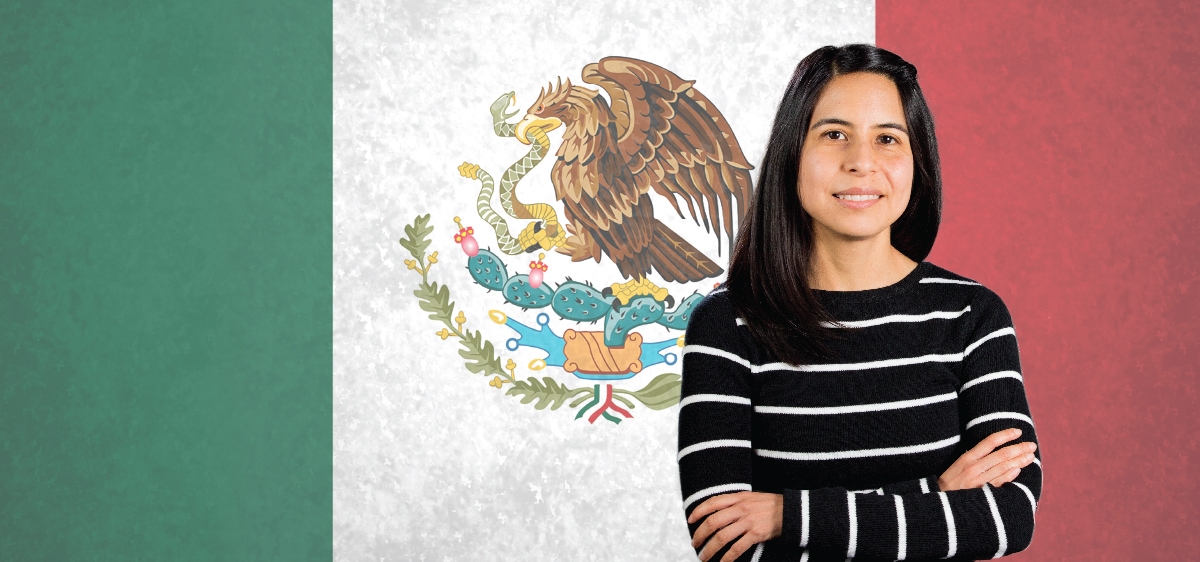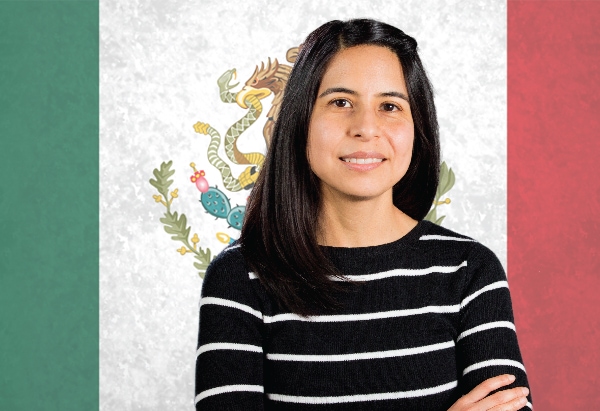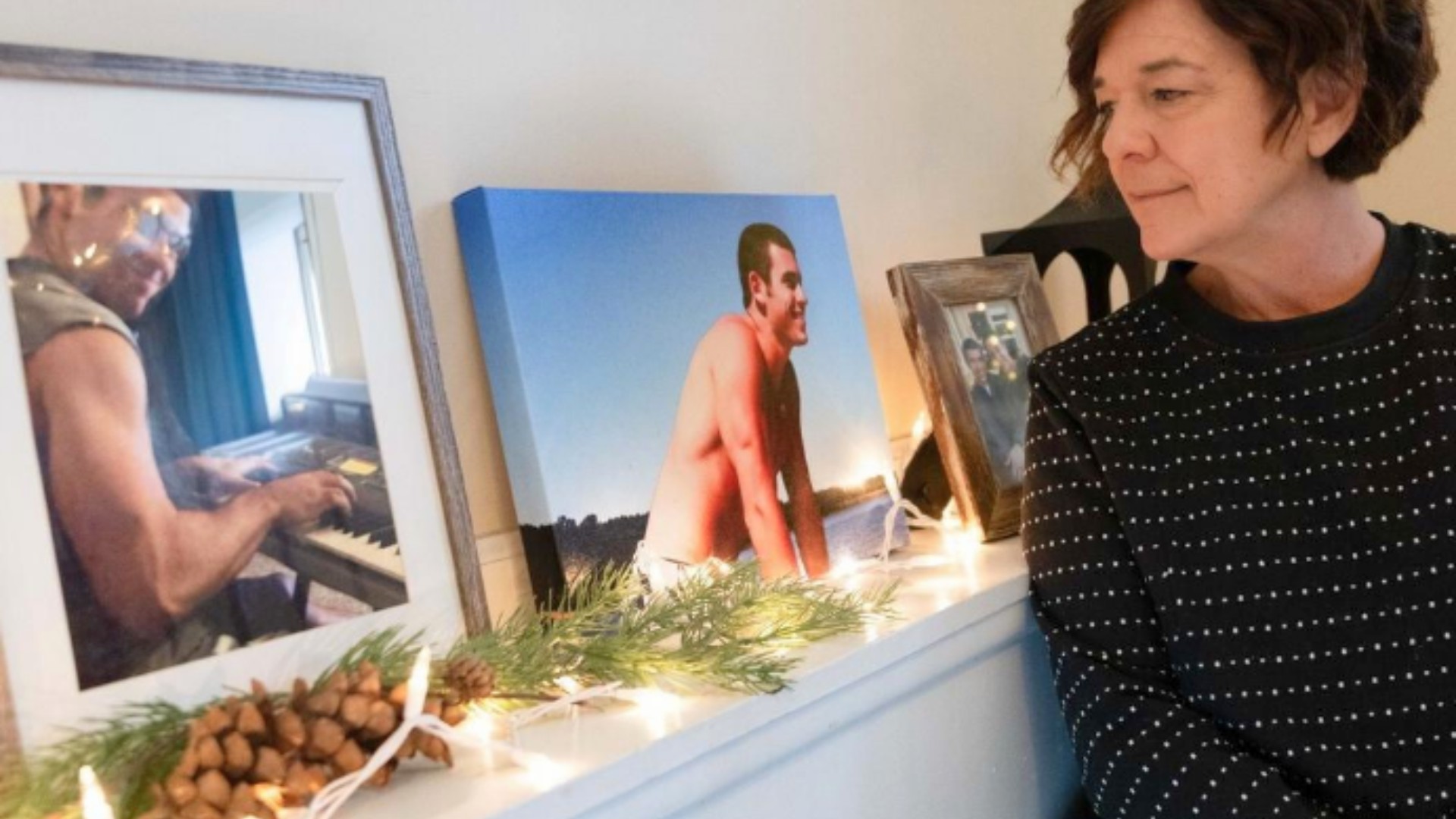[vc_row][vc_column][vc_column_text]

[/vc_column_text][/vc_column][/vc_row][vc_row el_class=”hero-header-text”][vc_column][vc_column_text]
Called to Order
In her term as the church’s president, Marisol Martínez of Mexico is building a solid foundation for The Future of a young denomination.
April 11, 2018
[/vc_column_text][/vc_column][/vc_row][vc_row][vc_column][vc_column_text]
Marisol Martínez has served as president of the Evangelical Mission Covenant Church of Mexico since 2014. She was the first short-term missionary the Mexican Covenant Church sent to Spain, where she served for three years. Upon her return to Mexico, she served on the ministry team of the Family Development Foundation in Monterrey. Prior to becoming president, Martínez was the chief financial officer of a ministry that serves women who are escaping from human trafficking. For the last four years she has focused on helping the Covenant churches in Mexico become healthy and missional. We caught up with her before she concludes her term this summer to ask about her ministry and the Covenant Church in Mexico.
[/vc_column_text][/vc_column][/vc_row][vc_row][vc_column][vc_column_text]
What are the biggest issues facing the Covenant Church in Mexico?
We are still very young—we became a national church in 1993. Today the denomination comprises thirty-four churches in eight of the thirty-two states that make up the country. We are still working on establishing a process of ordination. We are also making amendments to our constitution and bylaws, which were created twenty-five years ago and now need revision. Compared to the Covenant Church in North America, our structure and organization are very behind in some ways. For example, sometimes we have not followed our bylaws and guidelines in practice in the past. One of my goals has been to restore those guidelines. If we have spent time discerning how we want to do things, we should honor those decisions.
We are also actively engaged in repentance as a church. We want to be very public about not tolerating any abuse in our churches. I believe this will be a powerful message in our church and in our congregations and also a move toward having healthier ministers in front of our churches.
What’s a typical day in your ministry look like?
My role as president is voluntary, so I’ve also worked part-time as an administrative assistant in a small business that managed residential buildings. In the afternoon, I usually start responding to email.
Our team is national, which means we are spread out throughout the country, so our communication has to be virtual. I don’t have an assistant or any staff. Yesterday a member of our team called asking about our upcoming national assembly. “You asked me to be in charge of the sound and the microphones,” he said. “Please tell me more. What are you expecting? Should I rent it?” So I helped him coordinate that.
Sometimes I work on our compliance with government regulations since we are a legal entity. Basically I do whatever needs to be done.
What has been your experience as the first woman to serve as president?
It’s true that there are not many woman pastors in our denomination in Mexico. But in my experience, I think my gender has been a benefit. The leaders and pastors of the church, most of whom are men, have known me since I was a child and I think that has helped a lot—it’s easier for them to respect me. They trust me and they have seen me grow. I have served in different leadership positions since I was very young, so I think that has also helped. When we talk about difficult issues, I think I have been able to soften the tension that sometimes exists.
What are your biggest challenges?
My goal has been to leave a good foundation for the church. I think God uses me to address structures and systems. One of the areas of need has been legal—our constitution and bylaws needed attention. Also, I want to leave a good foundation regarding our taxes because that area had needed some attention for many years. We are also focused on our ordination process in
preparing and credentialing healthy and well-prepared ministers. My hope is that this foundation will make it possible for the next person who comes to focus on advancement and ministry.
What is the relationship between the Covenant Church in Mexico and the Covenant Church in North America?
About sixty years ago the Covenant Church in Mexico was a mission of the ECC. Initially, Covenant missionaries Levi and Ida Hagberg began a ministry to Mexican immigrant field workers in the Rio Grande Valley of Texas in 1946. The first church services on the Mexican side of the border were held in 1950 and led by Andrew and Marie Rojas. The church spread to the Oaxaca region from there, and in 1973, Marlan and Fern Enns and Jerry and Nancy Reed began a second movement of missionary work in the Mexico City suburbs. The church legally registered their constitution and bylaws and elected a national church board in 1993. We still have three ECC missionary families in the country, so there’s a good connection. Our connection is like a friendship-partnership.
There is a lot of movement back and forth because we share borders. For example, I found out just today that a church in Michigan has been having a ministry in a region in Mexico where they send doctors and they have a clinic that moves around. This is something that is not worked through a church in Mexico, but that doesn’t matter. Some things do happen through the Covenant Church in Mexico, other initiatives don’t. The Evangelical Covenant Church has been very intentional about maintaining that relationship with us and I’m grateful for that. At the last Triennial conference, they invited two women from Mexico to attend, and before the meeting took place, these women traveled through several churches in the U.S. to build ties and share their story of what they’re doing in women’s ministry in Mexico and listen to stories of women’s ministry in the U.S. Those kinds of initiatives have been very intentional.
Also, we’re really connected with Serve Globally, including through missionaries, Merge, and Covenant World Relief.
What’s next for you?
I will conclude my service in this role this summer, so I need to invest some time in creating a sustainable financial base that will allow me to invest my time in ministry. The other option is to have a full-time job, but that won’t give me time or energy to engage in ministry.
I have the idea of helping grow small businesses. For example, there’s a woman who is sixty-five years old who creates her own designs and sews clothes for pets in a local market. She doesn’t do technology at all, and I’d like to help her put her products online and maybe find investors so that she can grow her business. I could become her partner and have a set percentage of the increase in the sales that she gains through my ideas.
Our demographics are changing as they are in many areas in the world—our population is aging. Because this is a newer trend, we don’t have a lot of services available for older adults. In Mexico many people take care of their parents. They don’t go to a retirement home. Yet the families need to work, so I’ve also thought about creating a day-care service for older adults whose families work.
[/vc_column_text][/vc_column][/vc_row]














